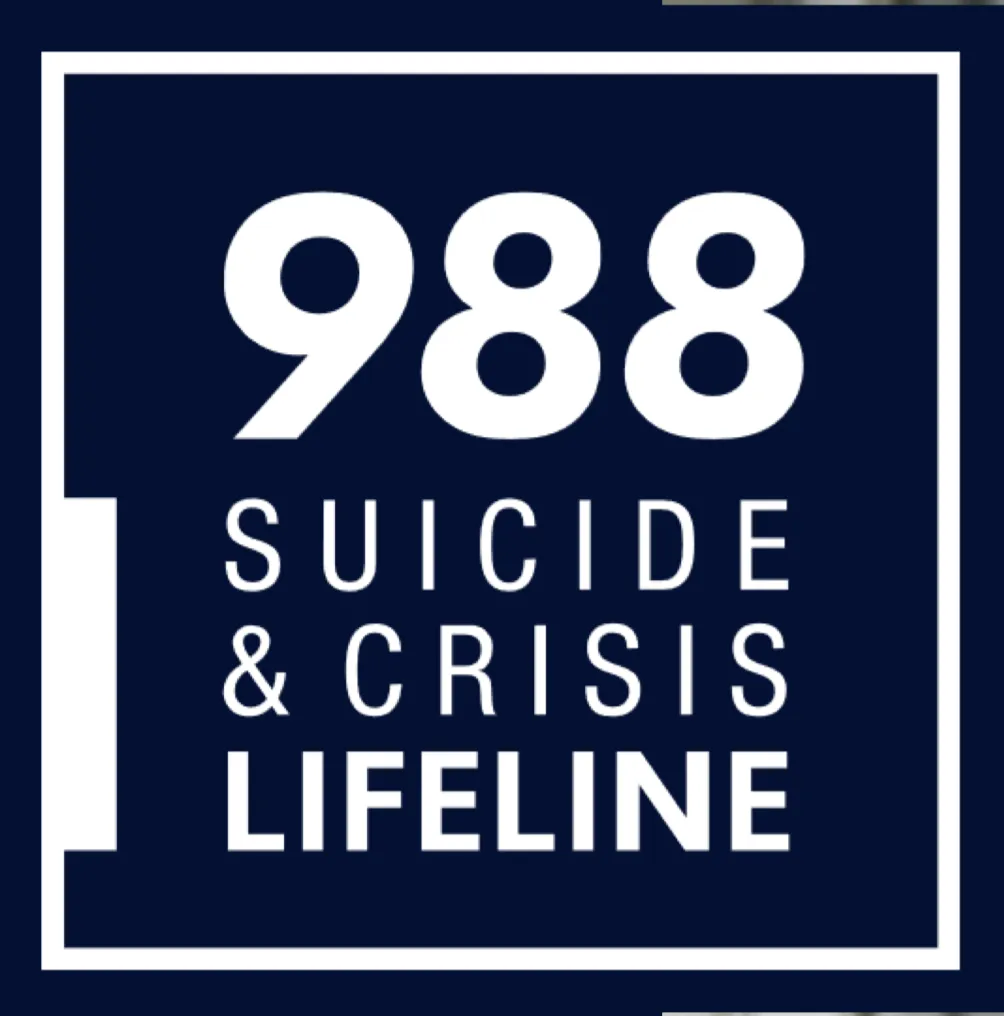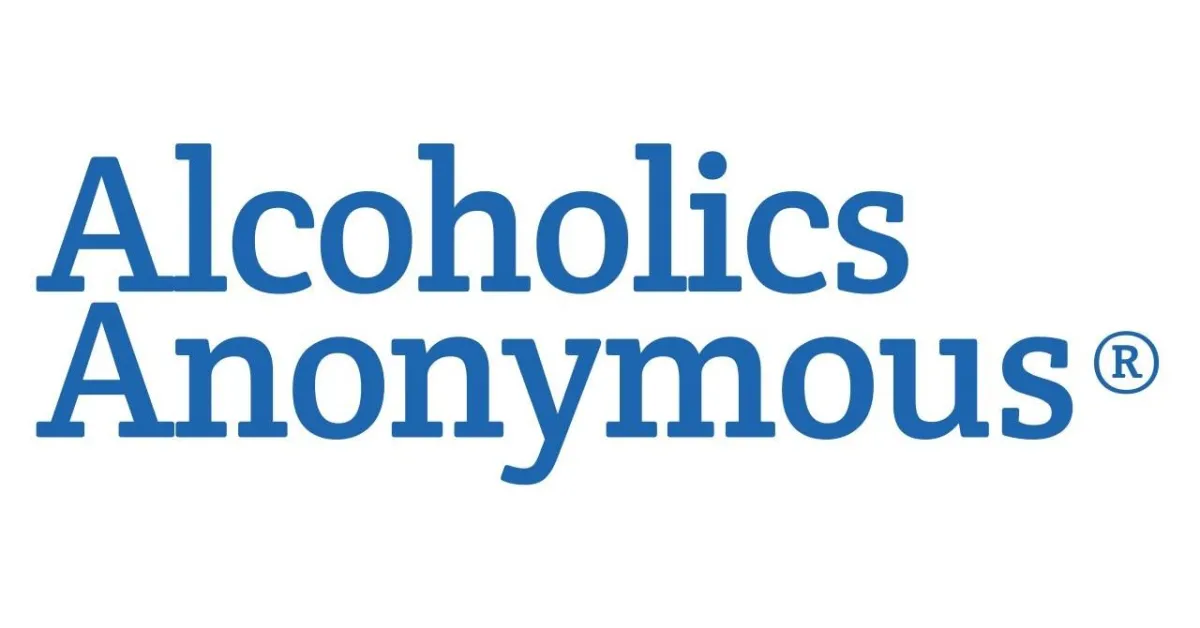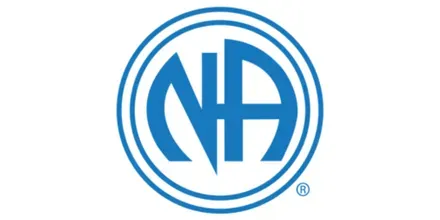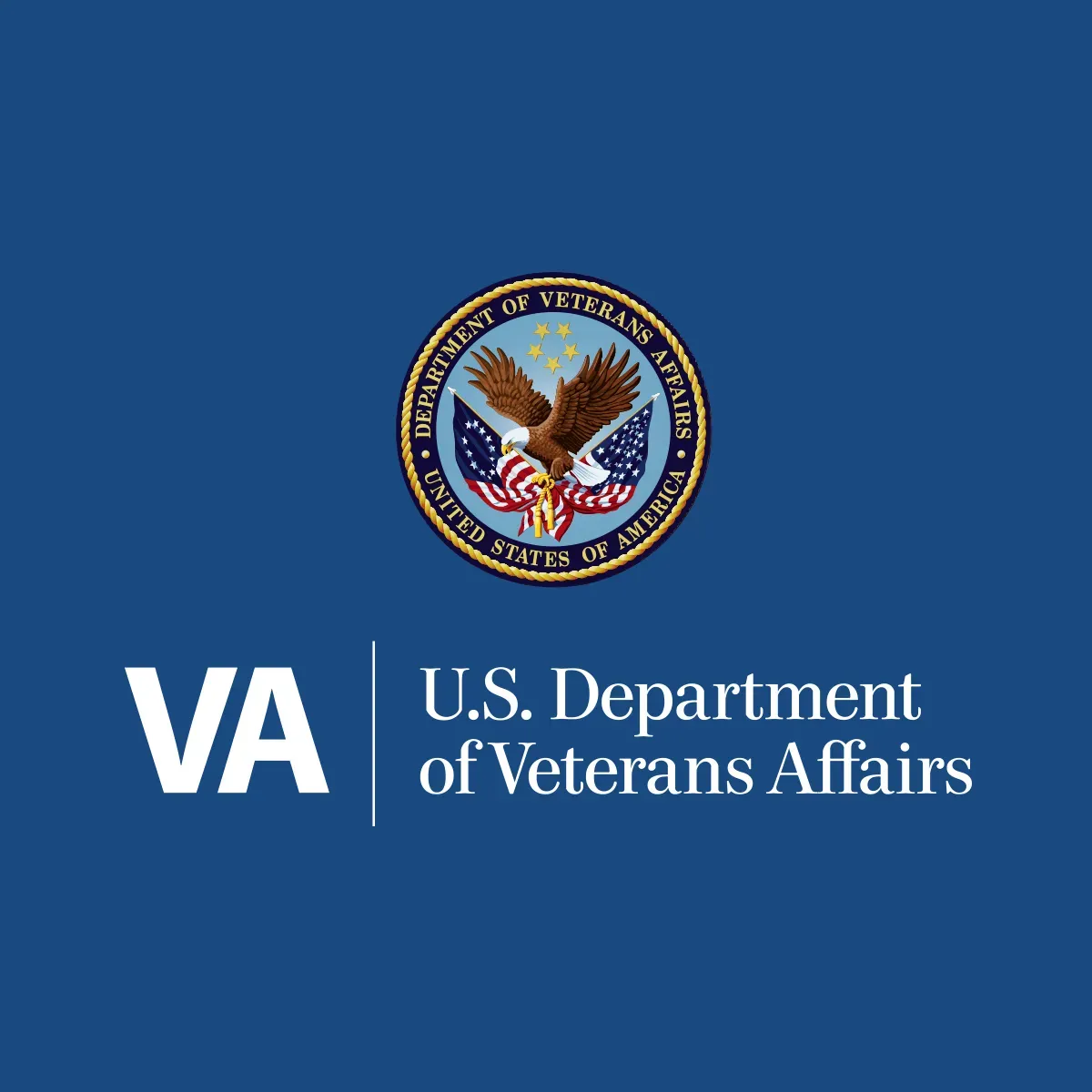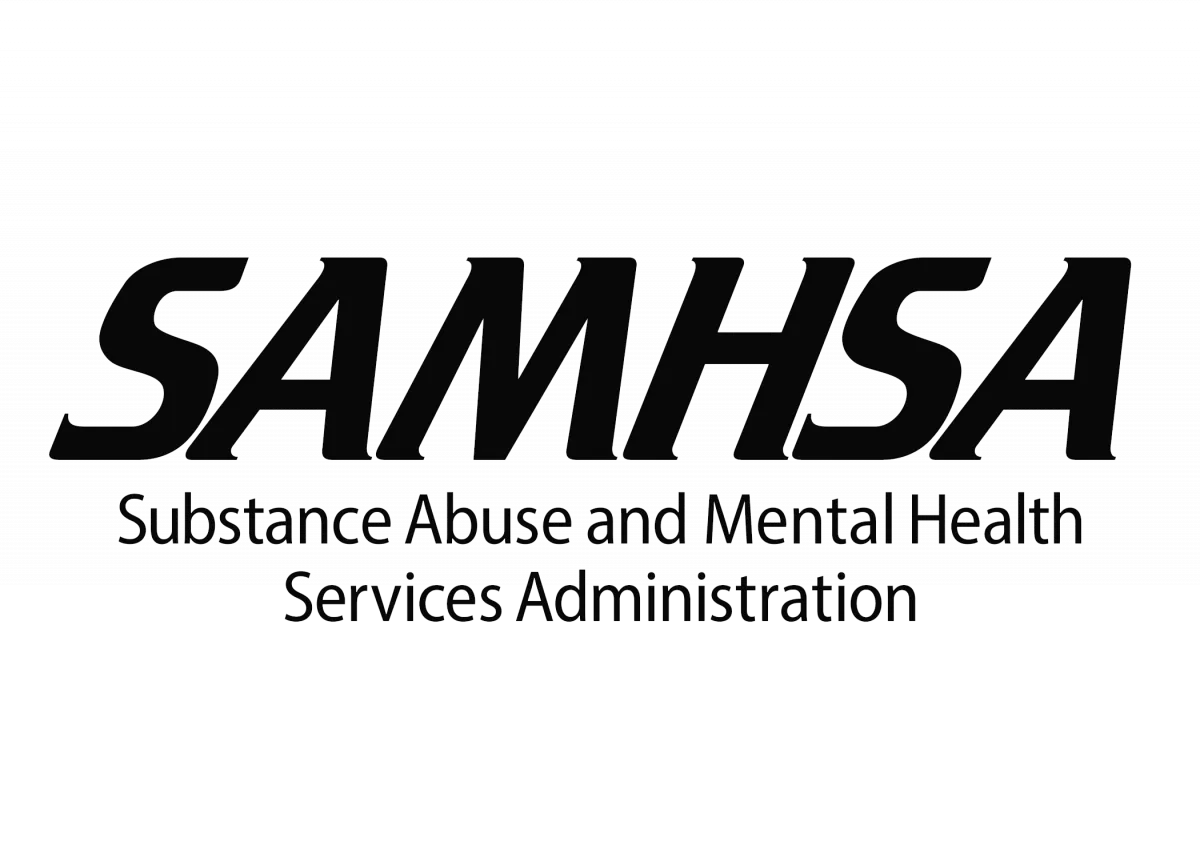FAQS
How does life coaching differ from therapy?
While both life coaching and therapy aim to support personal growth, they have distinct approaches. Therapy typically focuses on addressing past traumas, emotional healing, and diagnosing mental health conditions. On the other hand, life coaching is forward-focused, centered around setting and achieving goals, enhancing performance, and unlocking potential. If you're seeking to overcome specific challenges from your past, therapy might be more suitable. If you're looking to create a roadmap for personal or professional success, life coaching could be the right fit.
How often are coaching sessions conducted?
Coaching sessions frequency can vary based on your needs and preferences. Typically, we recommend starting with weekly sessions to establish momentum and make consistent progress. As you gain confidence and traction towards your goals, sessions might transition to bi-weekly or monthly. The flexibility of our approach ensures that the coaching frequency adapts to your evolving requirements, ensuring optimal support and accountability.
What if I'm unsure about my goals and direction?
It's completely normal to feel uncertain about your goals and direction. Our coaching process begins with an initial assessment where we'll work together to clarify your aspirations, values, and priorities. Through insightful questioning and exploration, we'll collaboratively uncover your passions and potential areas for growth. If you're not entirely sure about your goals, our coaching can help you gain clarity and chart a course that aligns with your authentic self. Remember, the journey towards clarity is an integral part of the coaching process itself.

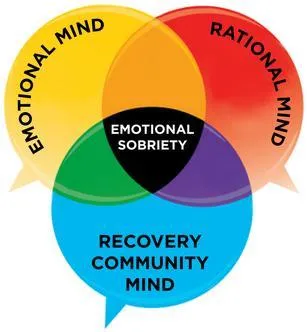
Emotional Sobriety
Emotional sobriety is a vital aspect of overall recovery and personal growth, as it goes beyond mere abstinence from substances to encompass a balanced and healthy emotional life. It involves the ability to manage and understand one’s emotions, fostering resilience and inner stability. Achieving emotional sobriety means developing healthy coping mechanisms, improving self-awareness, and building emotional intelligence, which are essential for maintaining long-term recovery. This deeper level of sobriety helps individuals to navigate life's challenges with grace and clarity, reduces the risk of relapse, and promotes a fulfilling and purposeful life. By focusing on emotional sobriety, individuals can achieve a holistic sense of well-being and sustained personal transformation.
Symptoms

The symptoms of not being emotionally sober can manifest in various ways, reflecting a lack of emotional balance and stability. Some common signs include:
1. Mood Swings: Frequent and intense changes in mood, often without clear triggers.
2. Impulsivity: Acting on urges without considering the consequences, often leading to regrettable actions.
3. Resentment: Holding onto grudges and feeling bitterness toward others, which can hinder personal growth and relationships.
4. Isolation: Withdrawing from social interactions and avoiding connections with others due to emotional discomfort.
5. Anxiety and Stress: Experiencing chronic worry and stress, unable to manage daily pressures effectively.
6. Blame and Denial: Avoiding responsibility for one's actions and emotions, often blaming others for personal issues.
7. Perfectionism: Setting unrealistic standards for oneself and others, leading to constant dissatisfaction and self-criticism.
8. Dependency: Relying heavily on others for emotional support and validation, rather than fostering internal resilience.
9. Low Self-Esteem: Persistent feelings of inadequacy and low self-worth, often masked by overconfidence or arrogance.
10. Reactive Behavior: Responding to situations with intense emotions rather than thoughtful consideration.
Recognizing these symptoms is crucial for addressing underlying issues and working towards emotional sobriety, ultimately leading to a more balanced and fulfilling life.
Treatment Options

Obtaining emotional sobriety involves a multifaceted approach that addresses both emotional and mental health. Here are some effective treatment options:
1. Therapy: Engaging in individual or group therapy with a licensed therapist can provide a safe space to explore and understand emotions. Cognitive Behavioral Therapy (CBT) and Dialectical Behavior Therapy (DBT) are particularly effective in building emotional regulation skills.
2. 12-Step Programs: Participating in 12-step programs, such as Alcoholics Anonymous (AA) or Narcotics Anonymous (NA), can offer structured support and a sense of community. These programs often emphasize the importance of emotional sobriety as part of overall recovery.
3. Mindfulness and Meditation: Practicing mindfulness and meditation helps increase self-awareness and emotional regulation. Techniques such as deep breathing, progressive muscle relaxation, and guided imagery can reduce stress and enhance emotional balance.
4. Emotional Education: Learning about emotions and how they affect behavior is crucial. Workshops, books, and courses focused on emotional intelligence can provide valuable insights and tools for managing emotions effectively.
5. Healthy Lifestyle Choices: Maintaining a balanced diet, regular exercise, and adequate sleep are foundational to emotional well-being. Physical health significantly impacts emotional stability.
6. Support Groups: Joining support groups, either in-person or online, provides a sense of belonging and shared experience. These groups offer emotional support and practical advice from others who understand the challenges of emotional sobriety.
7. Medication: In some cases, medication prescribed by a healthcare professional can help manage symptoms of anxiety, depression, or other mental health conditions that interfere with emotional sobriety.
8. Creative Outlets: Engaging in creative activities such as art, music, writing, or other hobbies can be therapeutic and help in expressing and processing emotions in a healthy way.
9. Journaling: Keeping a journal to record thoughts and feelings can aid in understanding emotional patterns and triggers, promoting greater self-awareness and emotional control.
10. Spiritual Practices: For some, incorporating spiritual practices such as prayer, meditation, or attending religious services can provide comfort, meaning, and a sense of connection, which can be crucial for emotional health.
Combining these approaches, tailored to your needs, can create a comprehensive plan for achieving and maintaining emotional sobriety.
Available Help
988 Suicide and Crisis Lifeline We can all help prevent suicide. The 988 Lifeline provides 24/7, free and confidential support for people in distress, prevention and crisis resources for you or your loved ones, and best practices for professionals in the United States.
Find A.A. Near You This website does not contain a meeting finder. Contact one of the A.A. resources below for a meeting list in that location and the surrounding area.
The Online Intergroup of Alcoholics Anonymous, or OIAA, is an International service organization established in accordance with the Ninth Tradition of Alcoholics Anonymous A.A., specifically for the purpose of assisting online.
All of the efforts of Narcotics Anonymous are inspired by the primary purpose of our groups. Upon this common ground we stand committed.
Marijuana Anonymous is a simple program based on one addict helping another.
A simple, supportive approach to mental health care. Find a therapist who fits your needs and takes your insurance.
The United States Department of Veterans Affairs is a Cabinet-level executive branch department of the federal government charged with providing lifelong healthcare services to eligible military veterans at the 170 VA medical centers and outpatient clinics located throughout the country.
NAMI is the National Alliance on Mental Illness, the nation’s largest grassroots mental health organization dedicated to building better lives for the millions of Americans affected by mental illness.
If you or someone you know has a mental illness, is struggling emotionally, or has concerns about their mental health, there are ways to get help.
The Substance Abuse and Mental Health Services Administration (SAMHSA) is the agency within the U.S. Department of Health and Human Services (HHS) that leads public health efforts to advance the behavioral health of the nation and to improve the lives of individuals living with mental and substance use disorders, and their families.
The National Network of Depression Centers (NNDC) develops and fosters connections among members to use the power of our network to advance scientific discovery, and to provide stigma free, evidence-based care to patients with depressive and bipolar illnesses.

